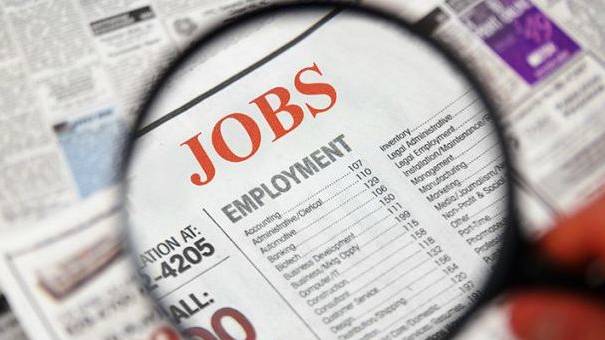
Unemployment’s not so Black and White
By ZoWun | Employment/Career Statistics , Unemployment
“The measure of a society is found in how they treat their weakest and most helpless citizens.”
Mahatma Ghandi
Last week, I wrote about numbers. About how underemployment is sitting at a 23-year high and trending up, how we have 1.1 million Australians looking for more work than they currently have, and how even the unemployment rate is significantly higher when you change the parameters of the survey from a person who hasn’t worked at least one hour in the previous month to a person not working and looking for work at some point over the previous month.
I was stunned when I saw the responses on a local social media page when a woman sought advice regarding finding work here.
There was no consideration given for her qualifications, experience, her strengths and weaknesses, health or capabilities. No one even inquired about them. Every suggestion was menial and was often accompanied with a comment about how she should take whatever she could get.
There are a number of problems with this. Firstly, this advice is often administered by people who have been in the same job for decades or haven’t experienced unemployment, especially not long-term unemployment. The comments generally start with “I’ve never had a problem finding a job, you just have to get off the couch.” Therefore, it’s not coming from a place of experience or empathy, but of judgment. Secondly, menial and unskilled work is not actually easy to attain, especially if you have unrelated qualifications and a work history that doesn’t demonstrate the required skills. Even then, the willingness to undertake menial work does not necessarily lead to employment.There seems to be a widespread misunderstanding that if the job is unskilled, it’s easy to get.
There seems to be a widespread misunderstanding that if the job is unskilled, it’s easy to get. A hirer in this situation is still doing risk assessments when it comes to hiring decisions and often being unsuitably, or over, qualified can be a huge disadvantage. Telling this woman that ABC company is looking for a concreter isn’t realistically helpful when she is a trained counsellor.Unemployment is often a demeaning experience on its own, without the social media trolls coming out of the woodwork to tell them how easy finding work is and to get a job scrubbing toilets.
Unemployment is often a demeaning experience on its own, without the social media trolls coming out of the woodwork to tell them how easy finding work is and to get a job scrubbing toilets. Unemployment is the leading cause of poverty according to the Australian Council of Social Service. It puts people at a significantly higher risk of depression, which in itself impacts a person’s self-motivation, sense of intrinsic value and ability to engage with others. When this person actually reaches out and seeks help, only to be told that they aren’t trying hard enough, this advice compounds an already challenging and emotional situation.
Ghandi famously said: “The measure of a society is found in how they treat their weakest and most helpless citizens.” If this is the case, we are going to be found wanting. Out of the federal budget, the cost of welfare for the unemployed and sick is $10 billion a year – it costs us more to support families with children than it does to help those experiencing unemployment. Allow me to ask you, what is the cost of not helping them?
This article was first published in the Border Mail on February 27, 2018, and is republished here with permission from the Editor in Chief, Xavier Mardling.

